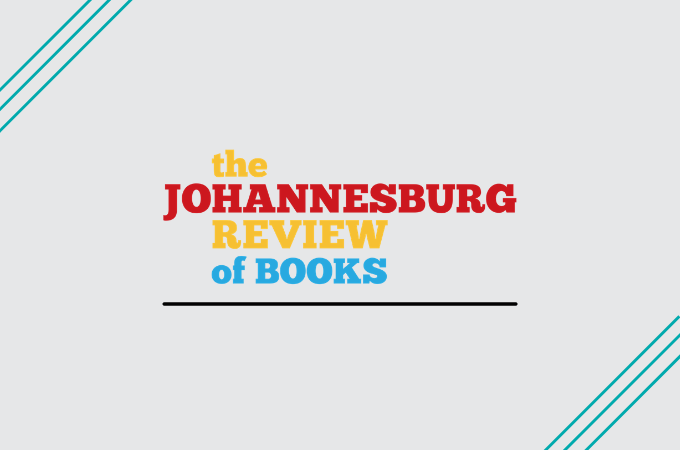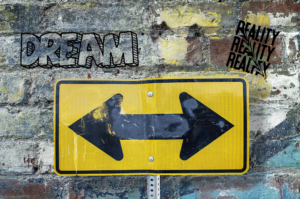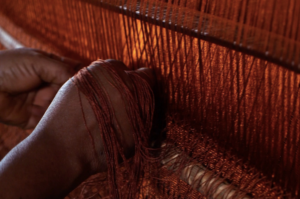
When The Johannesburg Review of Books (JRB) made its debut in May 2017, it added one more authentic, African platform to the expanding field of online literary journals on the continent.
But the dream propelling its founders was a bit different from the rest. Former Books Editor of the South African Sunday Times and founder of Books LIVE, Ben Williams and former Books LIVE Editor Jennifer Malec, now publisher and editor of the JRB respectively, found a gaping hole in the world of letters. The global literary space lacked an authoritative review based on the continent that covered significant books from across the globe.
Williams and Malec were inspired to launch “the review,” the first of its kind in Africa, to challenge the predominance of “city-arbiters of literary taste” like New York and London by nurturing critical talent from an underserved and under-heard continent. Since then, The JRB has grown, first by providing a new space for writers from South Africa and the continent to talk about culture, politics, history and the arts and secondly by taking advantage of the digital realm to make the world aware of what readers in Africa are thinking about books published around the world.
In the introduction to The Johannesburg Review of Books’ first issue, Williams positions the JRB as an act of defiance against a global literary complex where African writers and African discourses are often minimized. At the core of the publication’s vision is the mission of writing “back against dominant world literary narratives.” The JRB creates a space where “Africa writes back into the literary spaces that largely occlude our own writers from an eclectic and supportive community of artists.”
The JRB publish essays and reviews that cover a broad scope of African literary interests. For example, the current issue contains a delightful double review of Imbolo Mbue’s Behold the Dreamers and Zadie Smith’s Swing Time, a piece on Naomi Alderman’s The Power, the feminist sci-fi novel that won 2017 Baileys Women’s Prize for Fiction, as well as an essay on Chinua Achebe’s Things Fall Apart, a short story by South African writer Aba Asibon, Bongani Madondo’s long, serious-but-playful review of Koleka Putuma’s debut collection, and lots more.
The JRB is recognized as a leading platform for authoritative commentaries on culture and literature. In 2018, for instance, five pieces published on The JRB were nominated for various categories of the Brittle Paper Awards. Panashe Chigumadzi, who was shortlisted for “History Through the Body or Rights of Desire, Rights of Conquest,” an interrogation of J. M. Coetzee’s novel Disgrace using literary analysis, history, and memoir won the Essays & Think Pieces Award.
Since the first issue in May 2017, The JRB has published more than two hundred writers, mainly from Africa, across some thirty-seven issues. Each of these writers are paid for their work, something that Malec says is important to the JRB. Paying writers is a priority for the publication and will continue to be. Yet another way of looking at what the JRB does, as Ben Williams puts it, is to support a culture of writing as a way of keeping basic human connections alive. Books demand a meeting of minds. Books open up spaces for dialogue and understanding against the hardening boundaries of nationalism and extremism we see emerging in the world today. And as the pandemic continues to highlight the precarious nature of our lives, the strangeness and isolation have compelled JRB to make contact, make plans and share ideas more than they would have in a ‘normal’ year.
We asked Jennifer Malec how she feels about establishing and running one of the most important literary journals on the African continent these past few years. This is her response:
I have made so many friends and connections in African literature, and I will admit to feeling a disproportionate rush of pleasure when somebody applauds The JRB on social media. But I think the thing I find most rewarding about running a literary journal is what happens behind the scenes. Editing a good writer is like sharpening a good knife, and the sense of satisfaction I get from publishing the resulting finely honed words is peerless.
There is no doubt that the work of the literary magazine has significantly expanded the online African literary scene with its rich mix of new writing and critical analyses and diversified audiences for African writing.









COMMENTS -
Reader Interactions